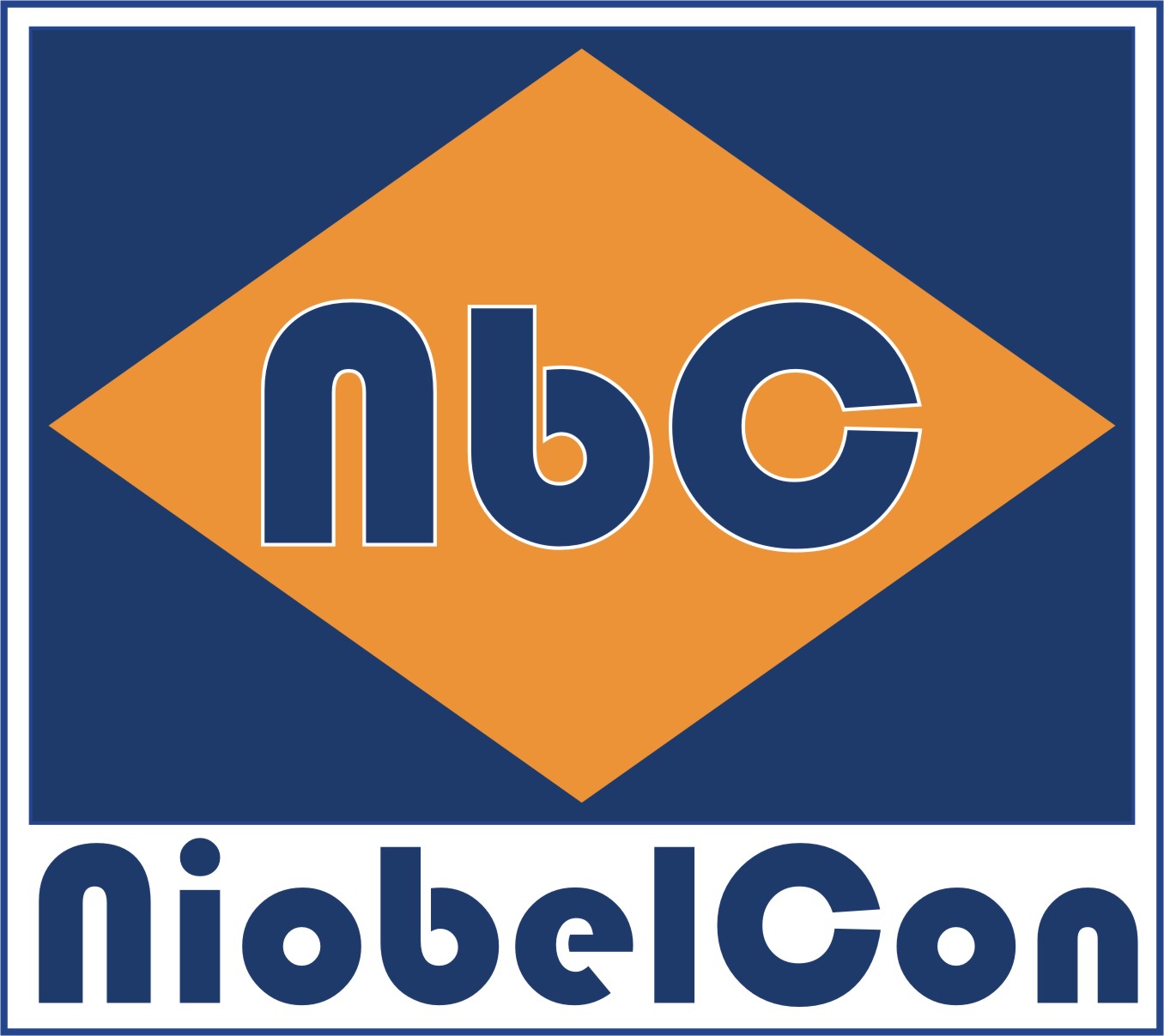Niobium microalloying
Niobium microalloying can play an important role in the development of modern high performance steel. Since its first few applications in the 1960’s, niobium microalloying has entered many product classes and application sectors. It can provide significant property improvements. The following links provide more details:
➡ Niobium in automotive steel
➡ Niobium in cast iron
Niobium is alloyed to carbon steel in very small amounts, usually not more than 1 kg of Nb per ton of steel.
The principal metallurgical effects of Nb in steel are:
- Grain refinement (increasing strength and toughness)
- Precipitation strengthening
- Transformation control
- Stabilization of interstitials (C, N)
- Creep resistance (high temperature)
- Hydrogen trapping
NiobelCon has a market leading experience in developing Nb-based metallurgical concepts. Besides understanding the fundamental metallurgical principles, we look at the requirements of applications and help designing steels to optimum performance.
Niobium carbide (NbC) - a new super-hard material
In the arena of hardmetals, tungsten carbide has been the dominating hard material for decades. Other transition metal carbides like those of chromium, vanadium and titanium are also well-established. However, surprisingly little attention has been paid to niobium carbide. Actually, niobium carbide is occasionally being used as minority phase in hardmetals, castings and tool steels. In these applications it serves either as grain refiner or as hard phase helping to enhance wear resistance. Furthermore it limits grain growth and enhances hot hardness. Although some data on the fundamental properties of pure niobium carbide have been reported, many details were missing. NiobelCon in cooperation with KU Leuven (MTM) and Federal Institute for Materials Research and Testing (BAM) have been performing intensive research to identify the full potential of niobium carbide in super-hard material applications as well as to develop and qualify NbC-based alloy systems.
- Niobium carbide-based hard materials have a huge potential for industrial application.
- They can be used for cutting and drilling tools or for general wear parts.
- Principally, all applications where tungsten carbide is today's material of choice, niobium carbide is a potential future alternative.
Learn more about ➡ Niobium carbide (NbC)
